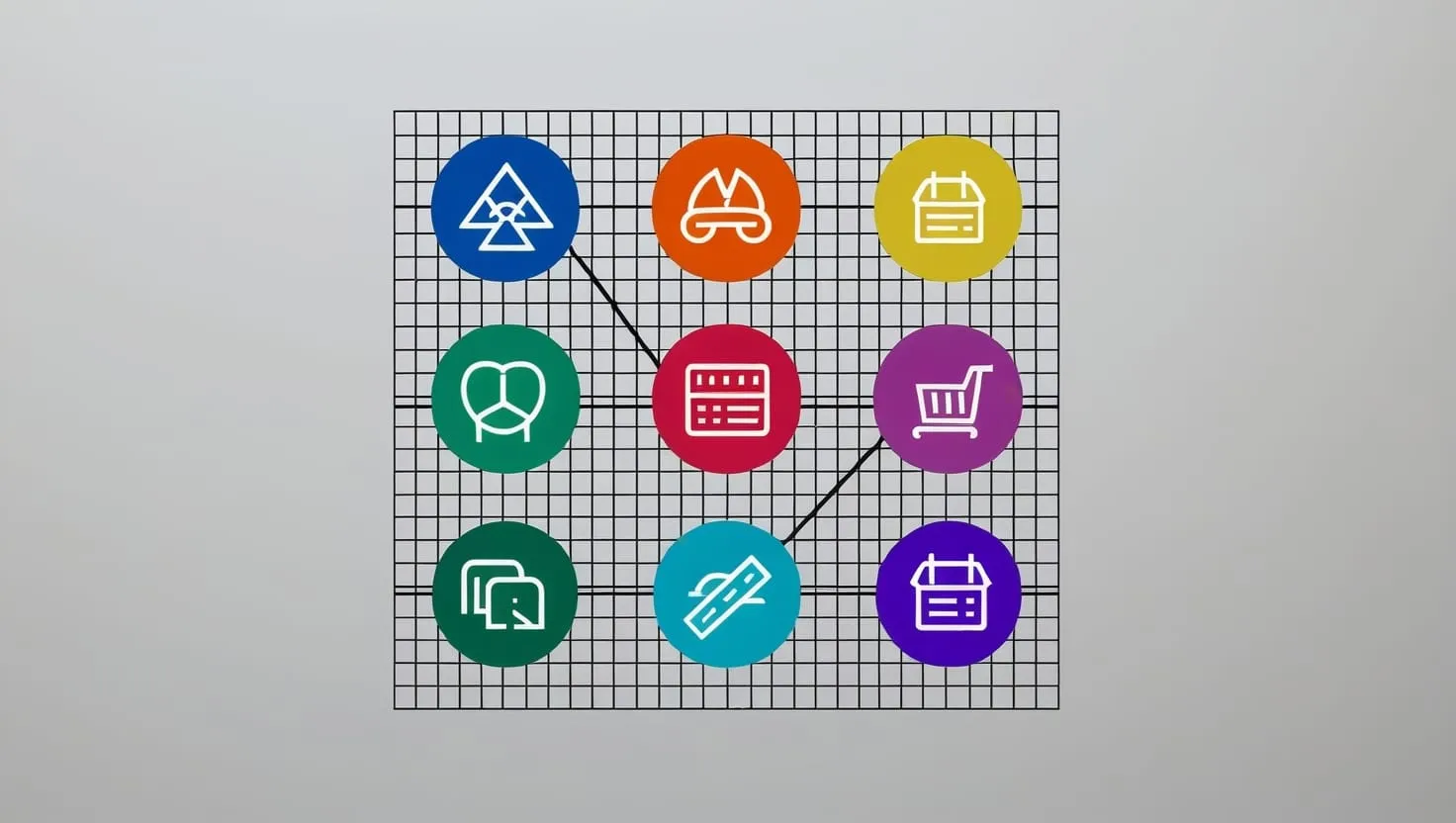When it comes to managing our finances, many of us find ourselves trapped in a cycle of stress and anxiety. The traditional approach to financial management often focuses on numbers and budgets, but it neglects a crucial aspect: our emotional well-being. This is where the concept of “mindful money management” comes into play, offering a fresh and holistic approach to handling our finances.
At its core, mindful money management is about bringing intention and awareness to how we handle our money. It’s not just about tracking expenses or investing in the stock market; it’s about being present and aware of every financial decision we make. This approach recognizes that money is deeply intertwined with our emotions and values, and that managing it effectively requires a mindful and thoughtful strategy.
One of the key strengths of mindful money management is its versatility. It can be applied to both professional and personal finance, helping individuals and businesses alike to make more informed and sustainable financial decisions. For instance, in a professional setting, mindful money management can help entrepreneurs identify productive expenses that will yield a return on investment, such as spending on advertising or employee training. On the personal front, it can help individuals distinguish between necessary protective expenses, like insurance and savings, and lifestyle expenses that bring joy and fulfillment.
A significant aspect of mindful money management is its focus on emotional management in financial decision-making. Traditional financial advice often overlooks the emotional component, leading to decisions that may not align with our long-term goals or values. By acknowledging and addressing these emotions, we can make more confident and wise financial choices. For example, if you’re someone who feels anxious about investing, a mindful approach would involve understanding the root of this anxiety and developing strategies to manage it, rather than avoiding investment altogether.
This approach also challenges the prevalent “hustle culture” in finance, which often encourages relentless pursuit of wealth at the expense of well-being. Mindful money management promotes a more balanced and sustainable way of managing finances, one that prioritizes financial independence without sacrificing personal happiness. It encourages individuals to redefine what success means to them, focusing on a life that is rich in both wealth and well-being.
Innovative financial services are increasingly aligning with this holistic approach. Companies like Mindful Money are committed to providing accessible and honest financial guidance, recognizing that financial well-being is not just about accumulating wealth but also about living a fulfilling life. These services often include philanthropy advisory, helping individuals integrate charitable giving into their financial plans, which can enhance their sense of purpose and happiness.
The practical tools offered by mindful money management are designed to help individuals manage money-related stress and emotions effectively. For instance, the Mindful Money Method, developed by financial life coach Liz Carroll, is a nine-module course that helps women (and men) shift their money mindset to become more calm and confident. This method focuses on identifying personal values and desires, creating a financial freedom plan, and dropping limiting beliefs that hinder financial progress.
Another crucial aspect is the categorization of expenses into different types. Productive expenses, such as investments in education or business, are distinguished from protective expenses like insurance and savings. Lifestyle expenses, which include money spent on leisure and entertainment, are also recognized as important for overall well-being. Destructive expenses, which incur debt for nonproductive purposes, are identified and minimized. This categorization helps in making conscious financial decisions that align with one’s values and goals.
The potential for improving client relationships in the financial industry through mindful money management is significant. Financial advisors who adopt this approach can build more meaningful and trusting relationships with their clients. By understanding the emotional and personal aspects of their clients’ financial decisions, advisors can provide more tailored and effective advice. This not only enhances client satisfaction but also leads to better financial outcomes.
Incorporating mindfulness into financial management can also have a profound impact on our overall productivity and time management. When we are less stressed about our finances, we are more focused and efficient in other areas of our lives. This clarity and calmness enable us to prioritize tasks more effectively, manage our time better, and achieve a healthier work-life balance.
Leadership in the financial sector can also benefit from this approach. Leaders who practice mindful money management are more likely to make ethical and sustainable financial decisions, which can enhance their reputation and the trust of their stakeholders. This approach fosters a culture of transparency and integrity, which is essential for long-term success in any financial organization.
In conclusion, mindful money management offers a unique and valuable perspective on financial management. It combines practical financial tools with emotional awareness, challenging the traditional hustle culture and promoting a more holistic and sustainable approach to managing money. By integrating this approach into our financial strategies, we can achieve better financial outcomes, reduce stress and anxiety, and live more fulfilling lives. As we continue to navigate the complexities of personal and professional finance, adopting a mindful approach can be the key to unlocking true financial peace of mind.






